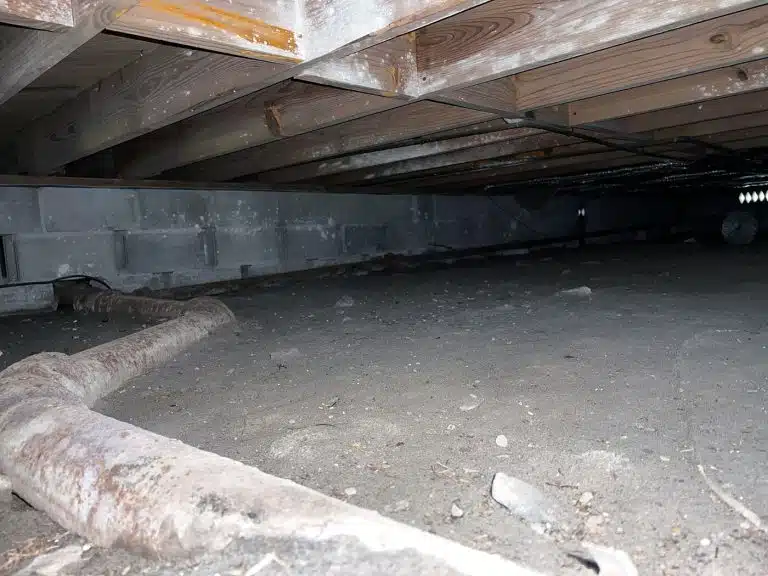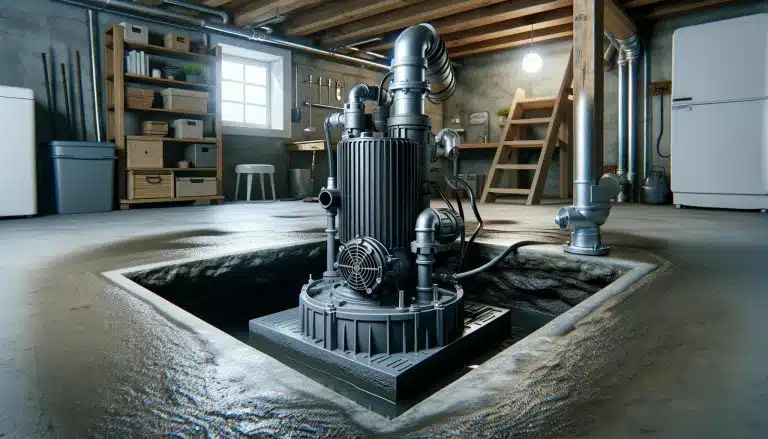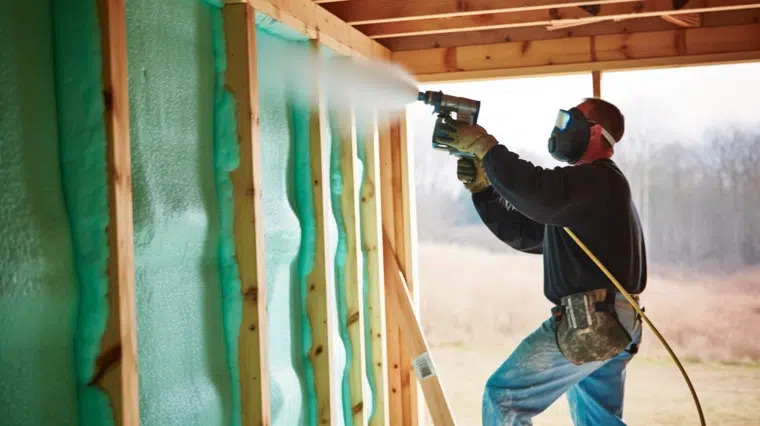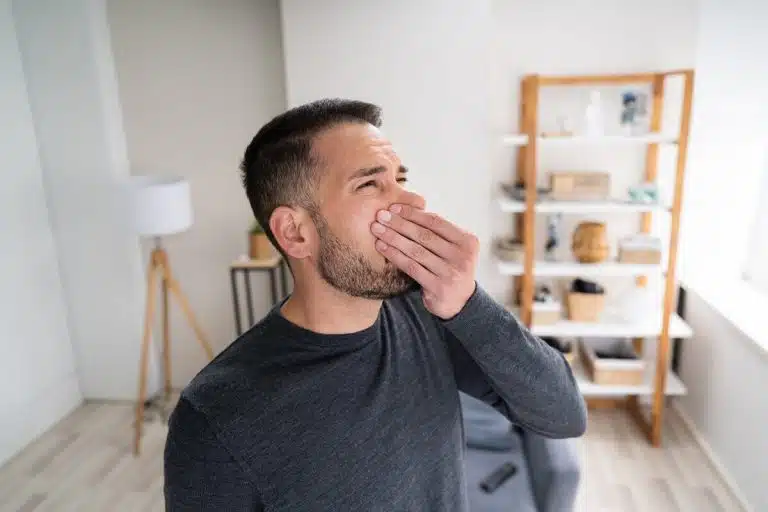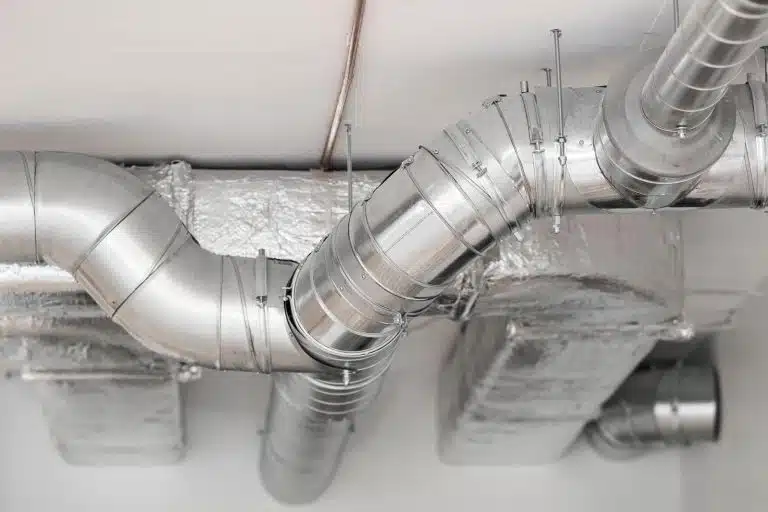As one of the leading HVAC, attic, and crawl space services in the Pacific Northwest, we have experienced plenty of eyebrow-raising situations inside customer properties over the years. From unexpected wet crawl space floods to various unwanted critters feasting on ductwork, we have seen everything there is to see. Nothing surprises our engineers too much anymore.
Apart from one thing: It never fails to amaze our on-site engineers just how commonly the smell of mold fails to alarm many people.
We occasionally detect a black mold smell while inspecting air ducts or installing insulation. When we do, customers sometimes inform us, “The smell has been there for a while now. It’s no big deal” or, “We thought about calling you guys years ago, but the smell didn’t seem to get any worse, so we figured it would be ok.”
The fact is that numerous homeowners are not aware of the severity of mold. Often, they will grow accustomed to the odor and decide no action is needed. However, black mold is so much more than an unpleasant smell that you get used to over time because black mold poses a legitimate and immediate risk to health.
But what is it, and what does black mold smell like? Furthermore, what happens if you smell black mold? This blog post will answer those questions and more before detailing how you should react to the issue.
But first, let’s quickly explain what this nasty occurrence is exactly.
What Is Black Mold?
Black mold, also referred to in its official capacity as Stachybotrys, is a type of mold that usually appears dark green or black. Despite the name, its color can vary. Known for thriving in damp and poorly ventilated areas, black mold grows on materials rich in cellulose, like drywall, carpet, or insulation. It’s infamous not just for its color but for the potential health risks it carries, which can be extremely serious.
Black mold is certainly not something to be taken lightly.
Contrary to popular belief, black mold is not poisonous but is categorized as toxigenic, meaning it doesn’t inherently cause harm. However, it can produce toxins known as ‘mycotoxins’. These toxins are the main reason for health concerns associated with mold exposure, and while the mold itself is not dangerous, the mycotoxins it can emit are a real cause for concern.
While ‘black’ mold is often singled out, various types can grow in homes, each with its own implications. Identifying black mold typically requires professional analysis through mold remediation, as its appearance can resemble other non-toxic molds.
What Happens if You Smell Mold?
So, black mold is dangerous. That much is clear. But what are the dangers and health risks of black mold, specifically?
Exposure to black mold (or Stachybotrys chartarum, to name the official culprit) can have a wide range of health implications, some of which may not be immediately apparent. Either way, the spores and mycotoxins produced by black mold can lead to various health issues, from mild irritations to more severe conditions.
For many, the initial signs of black mold exposure are respiratory, so you can expect symptoms like nasal congestion, sneezing, and sore throat, all of which are the most common. If you are unfortunate enough to suffer from asthma or allergies, those symptoms will be far more accelerated, potentially leading to asthma attacks or allergic reactions.
Long-Term Black Mold Smell
It worsens when you grasp what happens if you smell mold over a prolonged period: further to respiratory issues, black mold can also impact cognitive and mental health. People exposed to mold may experience memory loss, concentration difficulties, and fatigue, while prolonged exposure has even been linked to more severe neurological conditions, such as neurocognitive disorders.
Prolonged exposure to black mold smell is particularly concerning, as it indicates continuous inhalation of potentially harmful spores.
The risks are especially worse for specific groups: children, older people, and people with compromised immune systems are more liable to the adverse effects of black mold. These groups may experience more severe symptoms and are at a higher risk of developing chronic health conditions as a result of exposure.
Symptoms of Black Mold Smell
The various ailments associated with the smell of black mold make for disturbing reading, including:
- Digestive problems such as queasiness, abdominal pain, and loose stools
- Persistent sneezing, sinus problems, and breathing difficulties
- Severe head pain and intense migraines
- Ongoing tiredness
- Mental cloudiness and difficulty concentrating
- Problems with hearing
- Development of skin rashes and hives
- Episodes of anxiety and depressive states
- Joint discomfort and frailty
The Consequences of Black Mold on Your Home
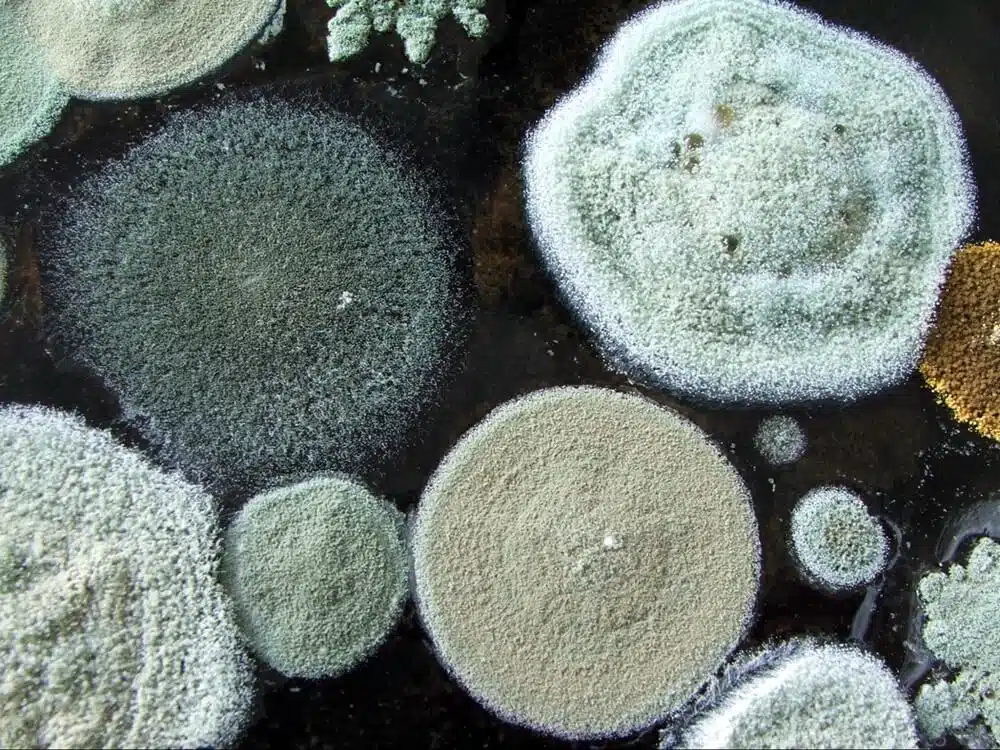
Black mold not only presents immediate health risks but also threatens your home and personal items, as the different types of mold permeate through floors, walls, and ceilings.
Addressing such extensive infestation usually involves professional mold removal or even demolition, incurring unexpected expenses. At the same time, rebuilding the affected parts of a home can be incredibly costly and time-consuming.
Additionally, personal items like furniture, clothes, and toys are often irreparably damaged by black mold, and many homeowners discard personal items of sentimental value. The expense and challenge of removing black mold simply isn’t worth it when you consider that early detection, often through its distinct smell, is quite a simple endeavor.
What Does Black Mold Smell Like?
So, does black mold have a smell that may be easily detectable? Pretty much, yes. The scent of black mold is a distinct odor often described as musty and earthy – similar to the scent of soil and decaying leaves or even wet laundry that has not dried quickly – both of which may indicate a possible mold infestation nearby.
Black mold releases organic compounds (MVOCs) as it feeds, multiplies, and fills the air – any detection of this moldy smell means that spores are circulating in the air, affecting the air quality and causing health and property issues.
This unpleasant aroma is usually more obvious in damp areas, as black mold thrives on water-soaked, cellulose-based materials, including cotton, wood, carpet, cardboard, and gypsum board, among others.
How to Deal With a Black Mold Smell
When dealing with black mold in your home, the first step is to identify and locate the specific fungus. While the main areas should be easy enough to spot, there are usually less apparent signs of black mold, which are hard to detect.
For this reason, it is always advisable to call out specialists who can conduct a thorough mold inspection and testing, offering valuable information and recommendations for mold removal.
For a hands-on approach, you can remove mold using vinegar and a sturdy brush (although commercial mold removers are available). During this process, wearing protective gear like masks and gloves is prudent to avoid direct exposure to the fungi.
Again, professional assistance is a far better approach for a more secure and effective solution (especially in cases of black mold), as any DIY efforts might entail some degree of risk, particularly with black mold.
Contacting environmental specialists like Envirosmart Solutions for an appointment is a safer choice, with expertise ensuring a more thorough and lasting mold removal.
Our mold removal experts at Envirosmart bring decades of knowledge and specialized tools to the task, greatly increasing the likelihood of completely eradicating the mold and preventing its return.
How Can You Test For Black Mold?
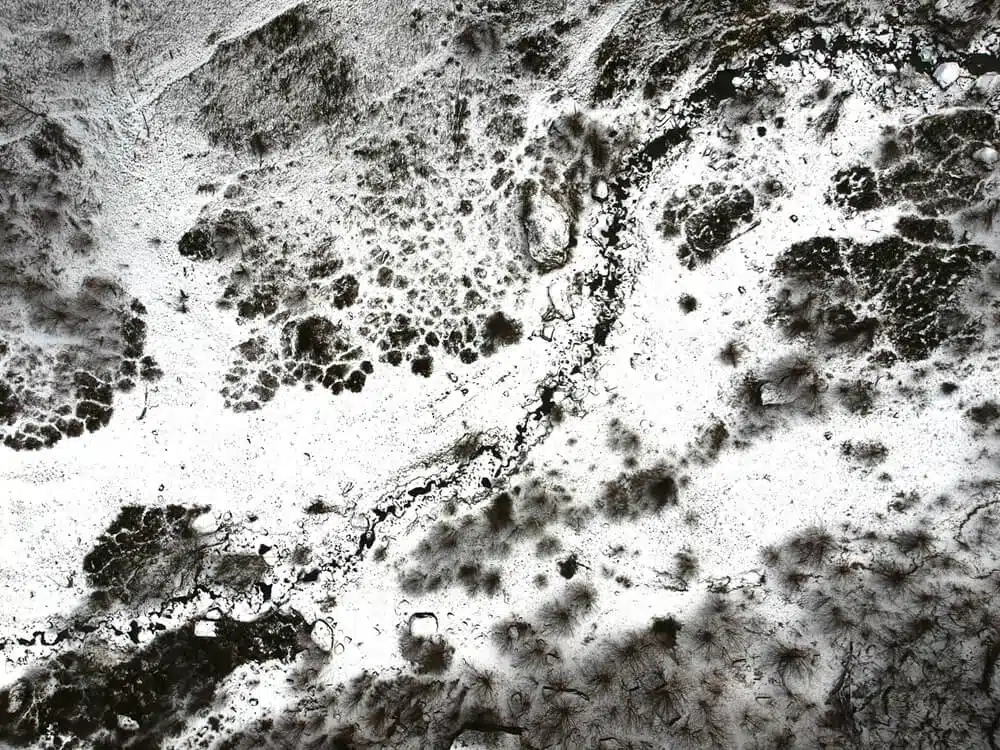
While do-it-yourself mold test kits are available in most hardware stores, their reliability is often questionable at best. There have even been instances of some kits being contaminated with mold at the time of purchase, leading to incorrect results.
To accurately identify and remove black mold, professional testing is the most effective approach in determining the types of mold in your home while also assessing the severity.
Bottom Line
Black mold and mildew can lead to an extensive infestation, jeopardizing your health and finances – swiftly addressing the issue is critical. In most cases of black mold, ignoring the signs will only allow the problem to escalate.
Can you smell black mold in your home? Make the smart choice and contact Envirosmart for the most effective solutions for mold remediation. Make sure your home and your loved ones are safe, comfortable, and free of the dangers that health issues that mold present.


